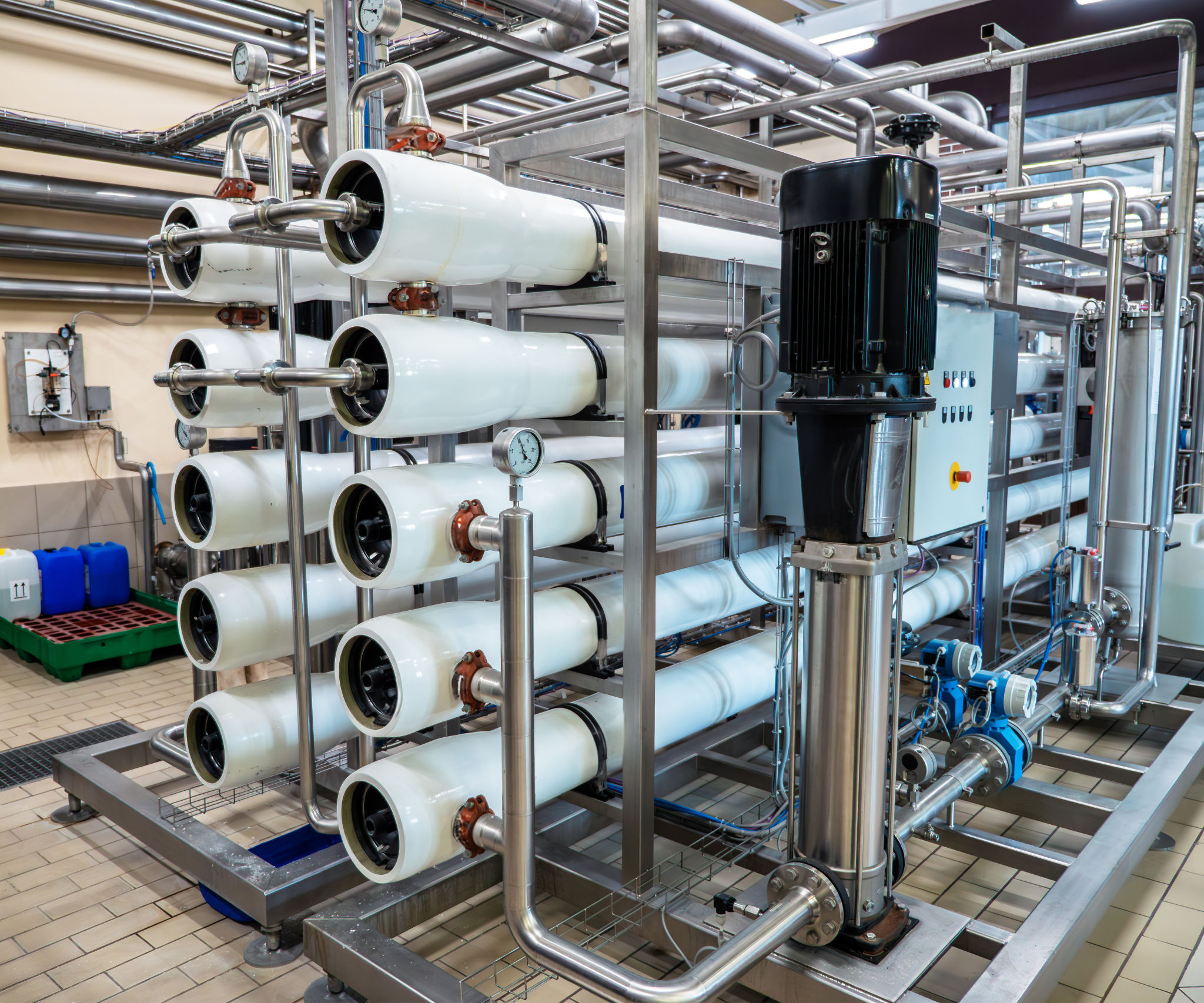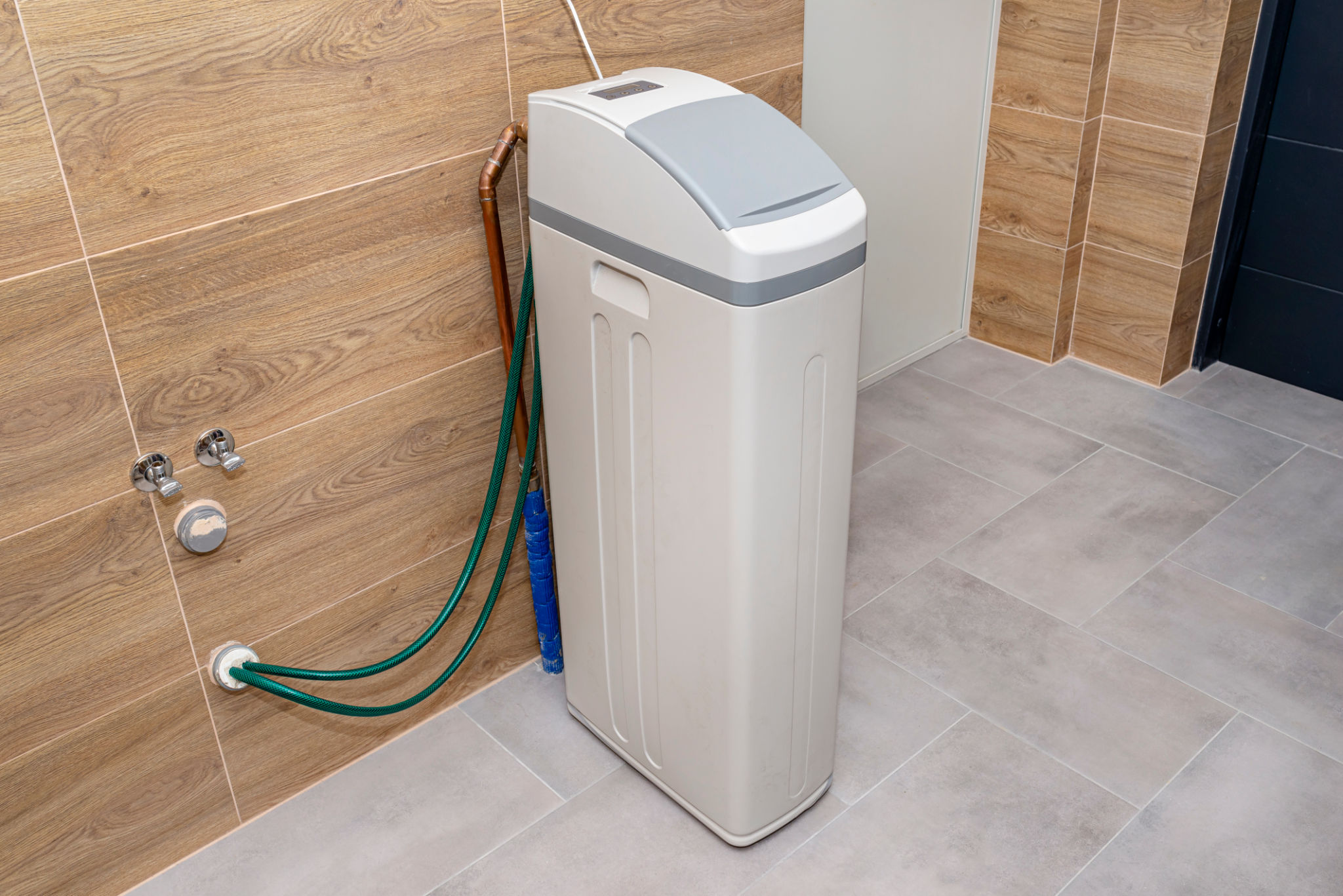Top Questions to Ask Before Installing a Reverse Osmosis System
Understanding Reverse Osmosis Systems
Before diving into the installation of a reverse osmosis (RO) system, it's crucial to understand its purpose and functionality. RO systems are designed to purify water by removing impurities and contaminants, providing cleaner and safer water for your home or business. These systems use a semi-permeable membrane to filter out unwanted substances, ensuring high-quality drinking water.

What Are Your Water Quality Concerns?
Identifying the specific contaminants in your water is a critical first step. Different regions face different water quality issues, so having your water tested can provide valuable insights. Common contaminants include lead, chlorine, and nitrates. Understanding your water quality concerns will help you choose the right system configuration and filters.
Evaluating the Installation Location
The location of your RO system installation is another vital consideration. These systems are typically installed under the kitchen sink, but they can also be set up in basements or utility rooms. Ensure that there's enough space and easy access for maintenance and filter changes. Additionally, consider the proximity to plumbing connections to minimize installation complexity.

What Capacity Do You Need?
The capacity of an RO system refers to how much water it can purify within a given time frame. Consider your household's daily water usage when determining the right capacity. A larger household will require a system with a higher output to meet its needs efficiently. Most systems are rated in gallons per day (GPD), so make sure to choose one that aligns with your consumption.
Maintenance Requirements
Routine maintenance is essential for keeping your RO system functioning effectively. Ask about the frequency of filter replacements and any other maintenance tasks required. Some systems come with easy-to-replace filters, while others might need professional servicing. Understanding these requirements ahead of time can help you plan for ongoing care.

Cost Considerations
The cost of an RO system can vary significantly based on features, brand, and capacity. Make sure to inquire about both initial purchase costs and long-term expenses such as filter replacements and potential repairs. It's also worth comparing different models to find one that fits your budget without compromising on quality.
Warranty and Support
A robust warranty and reliable customer support are important factors when choosing an RO system. Check what the warranty covers and how long it lasts. Additionally, consider the reputation of the manufacturer in terms of customer service and support, as this can save you from potential headaches down the line.
Environmental Impact
Finally, consider the environmental impact of installing an RO system. While these systems provide cleaner water, they can also produce wastewater during the filtration process. Look for systems designed to minimize waste or inquire about ways to repurpose the wastewater, such as using it for non-drinking purposes like gardening.
Asking these questions before installing a reverse osmosis system will ensure you make an informed decision that meets your needs effectively. With careful planning and consideration, you can enjoy the benefits of purified water for years to come.
